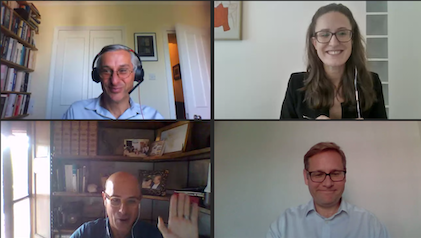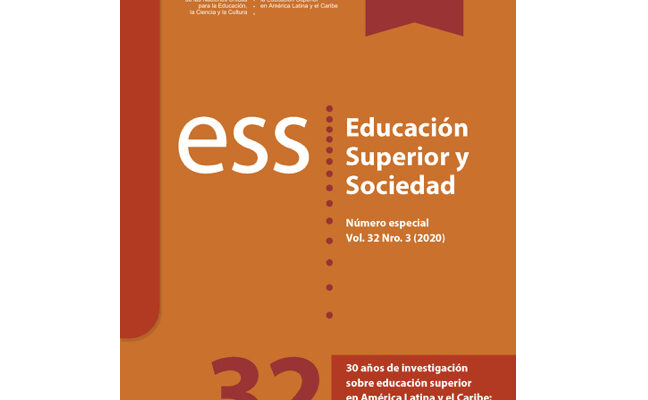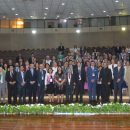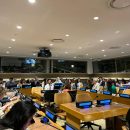Presentation of the APICE book “Innovations and Good Practices of Educational Credit”, with the support of UNESCO
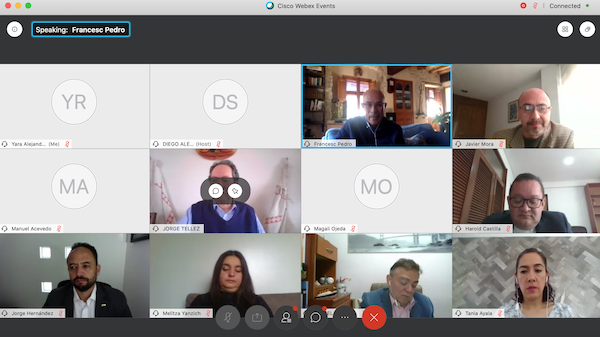
 The book “Innovations and Good Practices of Educational Credit”, published by the Asociación Panamericana de Instituciones de Crédito Educativo ÁPICE (Pan American Association of Educational Credit Institutions), with the support of the UNESCO Participation Program, was presented on Wednesday, September 2, at 10:00 a.m. (Colombia time). Its content includes sixteen experiences on educational credit innovations and good practices developed in Latin America and the Caribbean by different universities and educational credit institutions. These projects were presented at the XXIX International Congress on Innovation and Good Practices in Educational Credit and Services for Students in Higher Education Institutions, held from November 18 to 20, 2019 in Bogotá, Colombia.
The book “Innovations and Good Practices of Educational Credit”, published by the Asociación Panamericana de Instituciones de Crédito Educativo ÁPICE (Pan American Association of Educational Credit Institutions), with the support of the UNESCO Participation Program, was presented on Wednesday, September 2, at 10:00 a.m. (Colombia time). Its content includes sixteen experiences on educational credit innovations and good practices developed in Latin America and the Caribbean by different universities and educational credit institutions. These projects were presented at the XXIX International Congress on Innovation and Good Practices in Educational Credit and Services for Students in Higher Education Institutions, held from November 18 to 20, 2019 in Bogotá, Colombia.
The director of the UNESCO International Institute for Higher Education in Latin America and the Caribbean (IESALC), Francesc Pedró, congratulated the efforts that the project participants are putting on the table for higher education (HE) students to be included and supported on a regional and international scale. “We are interested in helping the region promote a paradigm shift in terms of financial and political support for access and success in HE. HE is a right for all people. States have an enormous responsibility in this regard,” said Pedró.
Taking into consideration that most of the students who access HE are people who come from middle and upper middle sociocultural strata, Pedró reported that UNESCO grants should be directed to those people who have talent and the will to study but who do not have the conditions to do so. “We must remember that it is not a question of sharing a cake with a few, but rather that it is a requirement of societies, because it is a right for all and a public good. We have a commitment to the democratization of higher education, relevant in this moment of pandemic,” stressed the director of IESALC.
Francesc Pedró concluded by saying that IESALC will continue to sponsor all the necessary efforts so that not only the coverage of HE is expanded in the region, but also for there to be a change in the financial support mechanisms so it can embody the principle of the right of HE for all people.
RELATED ITEMS
